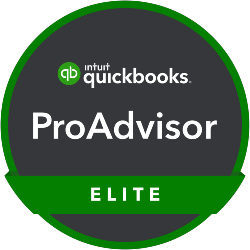Accountant for sole trader
This is pretty much what it says on the tin: just one business owner selling a product or providing a service, although they can employ people and use subcontractors.
It’s the simplest and usually the smallest way of constituting a business and involves the least amount of work to administer.
You’ll still have to keep accounting records, and meet your legal obligations, depending on what kind of business you run.
You might choose this option if your business doesn’t have major loan or borrowing commitments, or needs lots of cash to get going, because as a sole trader, you’re personally responsible for any debts the business has.
Sole traders do not pay corporation tax, which isn’t to say you’re not liable to pay tax on your profits, just that it’s all handled through self-assessment which involves paying income tax and national insurance contributions (NICs). Our specialist accountant for sole trader team is ready to assist you, call today.
Recent posts

CEO Insights: A week is a long time in Welsh Politics
Vaughan Gething's resignation as First Minister in Wales, just a week after first past the post...

CEO Insights: How are General Elections won and lost?
We will be bombarded with daily news and comment on policy and personality over the next few...

CEO Insights: AI – Will the world’s newest technology transform the world’s oldest profession(s)?
Last month, I commented on how self-driving was being overvalued. That got me thinking about where...










